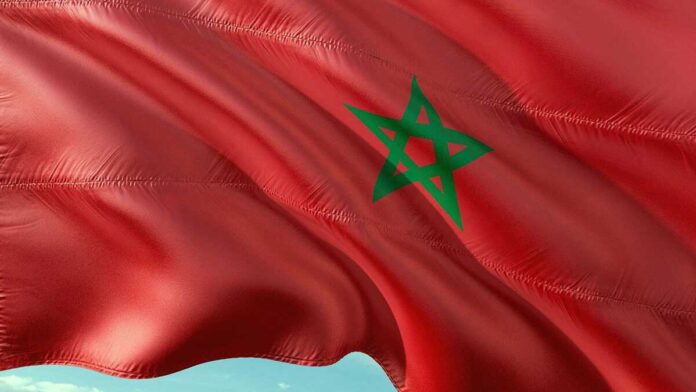Morocco’s autonomy initiative for the Moroccan Sahara continues to receive strong and growing international backing. During a recent session of the United Nations General Assembly’s Fourth Committee in New York, a wide range of voices reaffirmed the legitimacy of Morocco’s sovereignty over the region and highlighted the expanding global consensus around the political solution advanced by King Mohammed VI.
Greek academic Nikaky Lygeros described this shift as irreversible, stating that Morocco’s sovereignty over its Sahara is no longer a subject of debate. With 124 countries now supporting Morocco’s position, he dismissed the so-called “rasd” as a geopolitical tool with no legitimate foundation—lacking both territory and population. Lygeros stressed that the Sahrawi people largely live in Morocco’s southern provinces, where they play a direct role in the nation’s democratic life.
Abdou Latif Aidara from the African Center for Strategic Intelligence echoed this view, accusing the Polisario of falsely claiming a legitimacy it never held. He criticized the Front’s host country for obstructing progress and warned that this obstructionism poses a serious threat to the broader stability of the Sahelo-Saharan region.
Spanish journalist Javier Fernández Arribas also weighed in, calling Morocco’s autonomy plan the only realistic and workable political solution. He pointed out that major global powers—including the United States, Germany, Spain, France, and the United Kingdom—firmly support the initiative. As director of Atalayar, Arribas noted that this position is fully aligned with recent UN Security Council resolutions, especially Resolution 2756.
Jérôme Besnard, president of the Jean Lecanuet Institute, emphasized the strategic impact of Morocco’s growing diplomatic support. He noted that around 70 percent of UN member states—including three permanent members of the Security Council—now support Morocco’s sovereignty over its Sahara within the framework of the autonomy initiative.
French professor Christophe Boutin highlighted the widespread international consensus in favor of a solution based on full Moroccan sovereignty. He criticized the outdated stance of a regional actor that refuses to acknowledge the changing geopolitical context and the clear will of sovereign states backing Morocco’s proposal.
British legal scholar Andrew Rosemarine described the autonomy plan as the most viable path toward building a modern, democratic, and prosperous society. He underscored the increasing international support that continues to solidify around this initiative.
Luxembourg’s Dr. Henri Diederich emphasized that the proposal was not drafted in isolation but shaped through sustained dialogue with local communities. He praised it as a solution rooted in national sovereignty and grounded in the everyday realities of the Moroccan Sahara.
Peruvian politician Martha Chávez Cossío underlined the impressive diplomatic momentum behind Morocco’s plan. She pointed to the recognition by 124 countries and the growing number of consulates opened in Laâyoune and Dakhla as powerful signs of international legitimacy. In her view, this political shift offers the only credible path to lasting peace, development, and prosperity in the region.
